Khaborwala Online Desk
Published: 21 Oct 2025, 03:55 pm
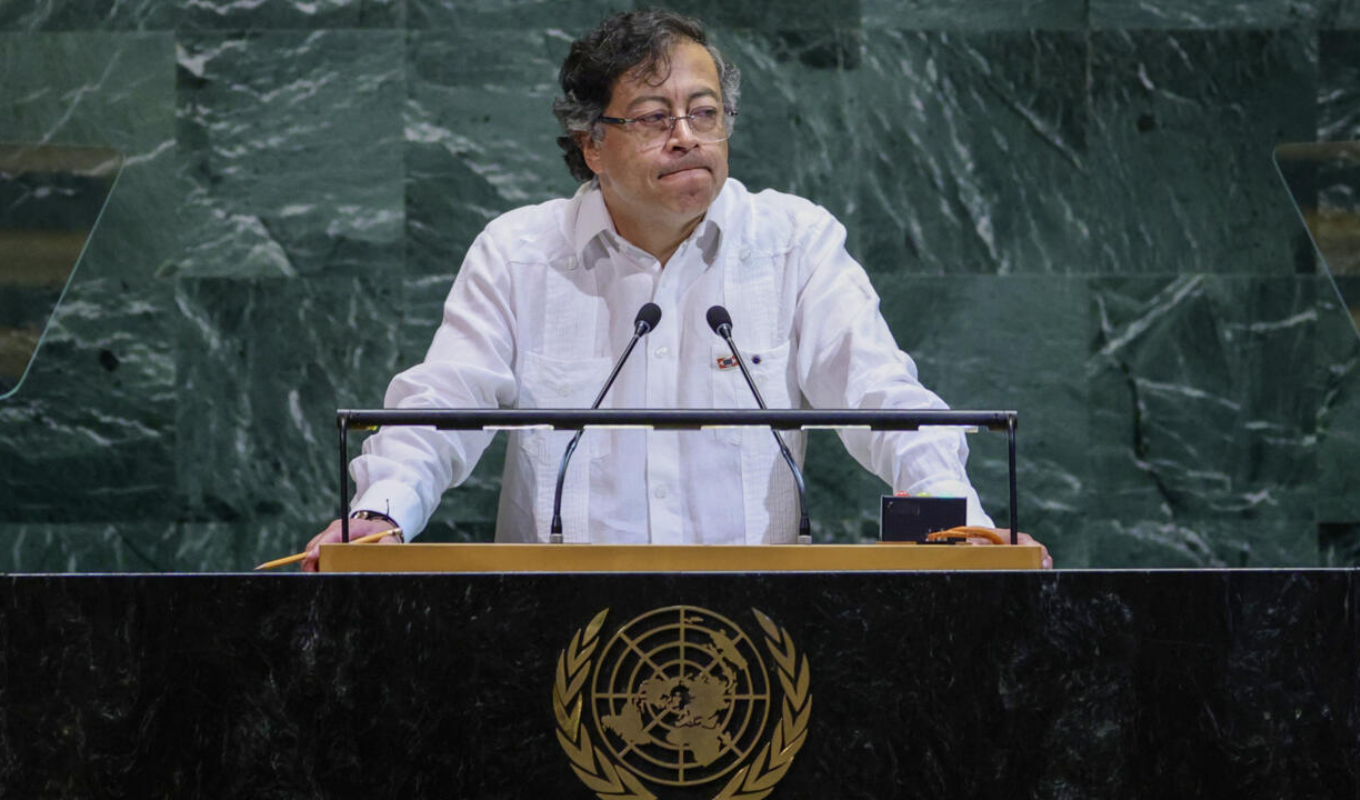
Colombia on Monday recalled its ambassador to the United States amid escalating tensions between the two nations, following U.S. President Donald Trump’s decision to revoke aid and his threat to impose punitive tariffs on Bogotá.
President Trump, speaking on Sunday, vowed to terminate all U.S. aid to Colombia — historically one of Washington’s closest partners in South America and the world’s leading producer of cocaine — while denouncing his leftist counterpart President Gustavo Petro as an “illegal drug leader.”
Trump further stated that he would announce new tariffs targeting Colombia on Monday and warned of taking unspecified measures to “close up” drug cultivation in the country should Petro fail to act.
Colombia’s Foreign Ministry announced on Monday that Ambassador Daniel García Peña had been recalled from Washington to Bogotá for consultation. Interior Minister Armando Benedetti described Trump’s remarks about forcibly ending drug cultivation as a “threat of invasion or military action against Colombia.”
The feud between Petro and Trump has persisted since Trump’s return to power in January, but the public confrontation has intensified in recent weeks amid the U.S. president’s deadly anti-drug campaign in the Caribbean.
Since August, Washington has deployed warships off the South American coast and conducted strikes on at least seven vessels accused of smuggling narcotics destined for the United States.
According to Trump’s administration, at least 32 individuals have been killed so far. However, no supporting details or evidence have been released. Legal experts warn that such extrajudicial killings are illegal under international law, even when the targets are confirmed drug traffickers.
While the operation initially targeted drug routes from Venezuela, recent U.S. actions have increasingly focused on Colombia.
On Sunday, U.S. Defence Secretary Pete Hegseth reported that three people were killed on a suspected drug-running vessel linked to the National Liberation Army (ELN), a Colombian armed group.
That strike followed another attack on a semi-submersible vessel, which left two survivors — one of them Colombian.
President Petro has since accused Trump of murder and violating Colombia’s sovereignty. In a televised interview with Univision on Monday night, Petro expressed faith in other U.S. democratic institutions to “put science and truth above slander, arrogance and greed.”
He added that Trump “does not like free men because he wants to be king.”
Colombia has historically been the largest recipient of U.S. aid in South America, receiving $740 million in 2023, according to official U.S. figures. Nearly half of that funding was allocated to counter-narcotics operations.
| Year | U.S. Aid to Colombia | Purpose (approx.) |
| 2023 | $740 million | 50% anti-drug operations; 50% economic and social development |
| 2022 | $690 million | Anti-narcotics and security cooperation |
| 2021 | $704 million | Counternarcotics, police training, and rural development |
Relations between the two nations — long regarded as historic allies — have reached their lowest point in decades.
Last month, Washington decertified Colombia as an ally in the fight against drugs. Bogotá retaliated by suspending arms purchases from the United States, its largest military supplier.
In late September, the U.S. government revoked President Petro’s U.S. visa following his participation in a pro-Palestinian demonstration in New York during the UN General Assembly.
Since taking office in 2022, President Petro has advocated for a “paradigm shift” in the U.S.-led war on drugs, calling for a transition from forced eradication to addressing the social and economic roots of narcotics production.
However, under Petro’s leadership, coca cultivation — the raw material for cocaine — has risen by approximately 70%, according to estimates by both the Colombian government and the United Nations.
| Indicator | 2021 | 2024 (Est.) | Change |
| Coca cultivation (hectares) | 143,000 | 243,000 | +70% |
| Cocaine production (tonnes) | 1,200 | 2,000 | +66% |
This surge has intensified Washington’s criticism and added fuel to the Trump–Petro feud, with both nations accusing the other of undermining anti-drug cooperation.
In what analysts describe as a diplomatic crisis unparalleled in recent history, the relationship between Bogotá and Washington now stands at a crossroads — between dialogue and confrontation — with profound implications for the future of U.S.–Colombian relations and the regional drug war.

Fortitude Re and Carlyle Group have jointly launched a new reinsurance sidecar, Fortitude Carlyle As...
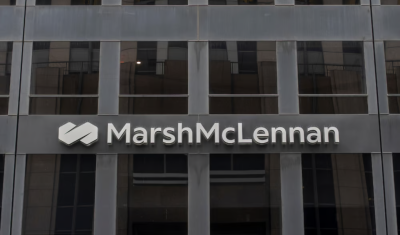
Global commercial insurance rates dropped by 4% in the third quarter of 2025, marking the fifth cons...
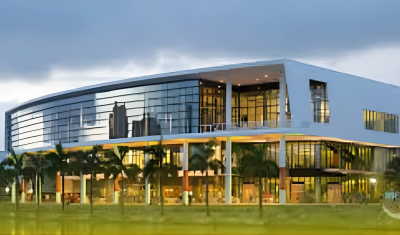
The University of Miami, one of the leading research universities in the United States, is offering...
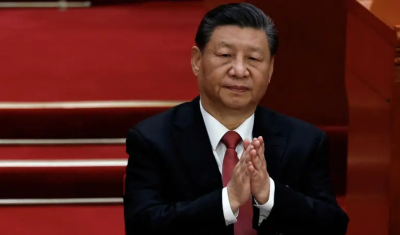
The top leadership of China’s Communist Party has convened in Beijing this week for a crucial strate...

The Louvre Museum reopened to the public on Wednesday, three days after it was forced to close follo...
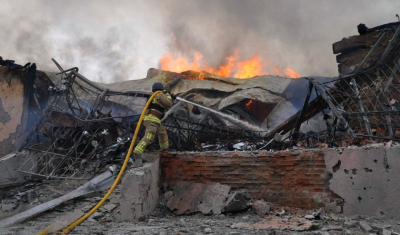
A series of overnight Russian missile and drone strikes across Ukraine left six people dead, includi...
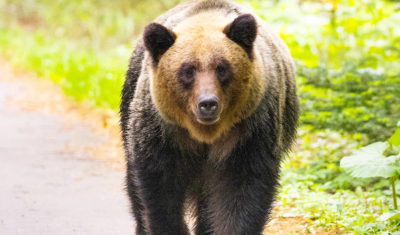
Japan’s newly appointed Environment Minister, Hirotaka Ishihara, has vowed to implement stricter mea...

Football fans witnessed an electrifying night of action as the UEFA Champions League delivered a flo...
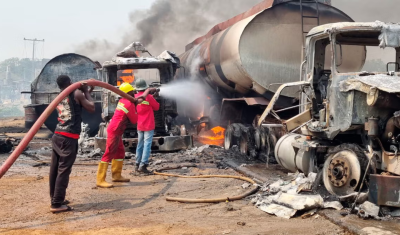
Abuja, Wednesday — The death toll from a petrol tanker explosion in central Niger State, Nigeria, ha...
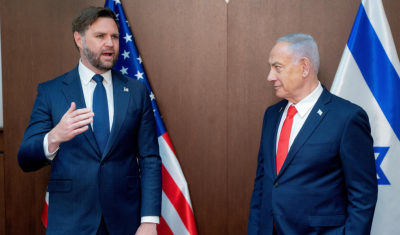
Jerusalem, Wednesday — United States Vice President JD Vance on Wednesday acknowledged that major ch...
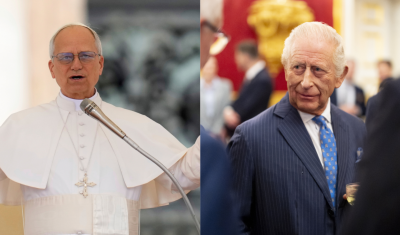
Vatican City, Wednesday — King Charles III is set to embark on a historic state visit to the Vatican...
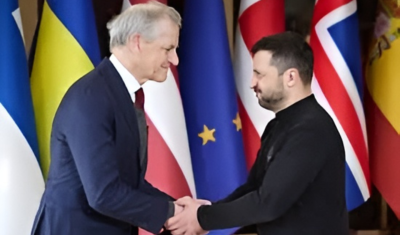
Ukrainian President Volodymyr Zelensky arrived in Oslo on Wednesday for high-level discussions with...